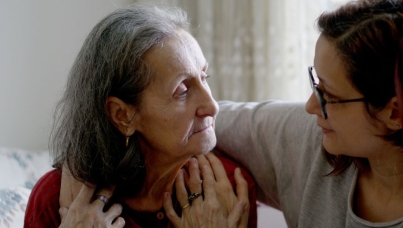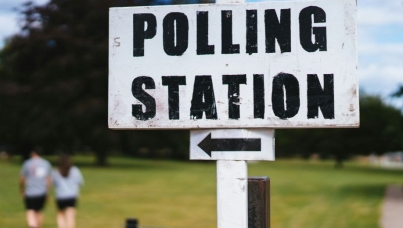Public Attitudes To Human Rights In Scotland
The Scottish Parliament commissioned MORI Scotland to ask the general public their views on human rights in Scotland. The questions were included in October's Scottish Opinion Survey run monthly by TNS. The key findings were:
The Scottish Parliament commissioned MORI Scotland to ask the general public their views on human rights in Scotland. The questions were included in October's Scottish Opinion Survey run monthly by TNS. The key findings were:
- Most people are able to form some impression of what the term 'human rights in Scotland' means to them. The most common associations are with equality or equal opportunities, mentioned by one in six (17%).
- A quarter of Scots (23%) feel that there is inadequate protection of human rights in Scotland, twice the number that feel there is excessive protection (11%). The majority feels that protection is either adequate (49%) or are unsure (17%).
- Six in ten agree that a government funded body to inform the public about human rights and investigate Scottish public bodies on devolved matters would be of benefit.
- The people most commonly considered likely to benefit from a new body are immigrants and ethnic minorities (each mentioned by around a quarter), older people (19%), children and young people (17%) and those with disabilities (16%).
Technical details
A quota sample of 1,018 adults were interviewed across Scotland between 27th October and 2nd November. All interviewing was conducted face-to-face in respondents' homes at 44 sampling points. Data are weighted to match the profile of all adults aged 18+ in Scotland, based on population profile estimates from the National Readership Survey. Respondents aged 16-17 years are excluded from analysis.



